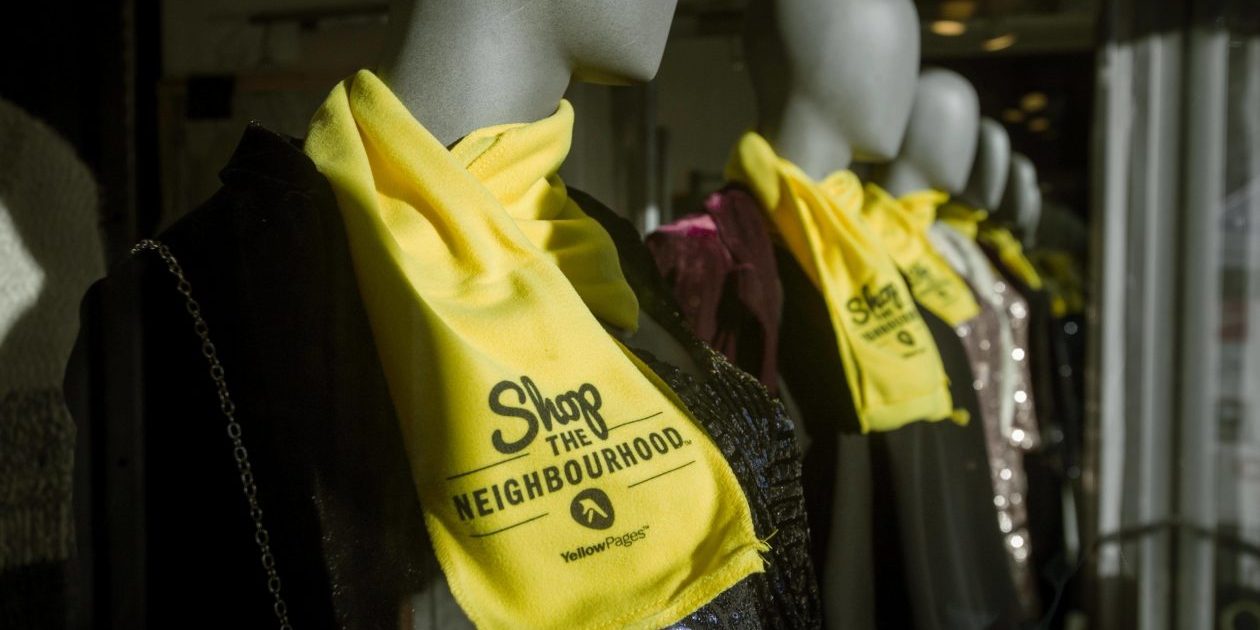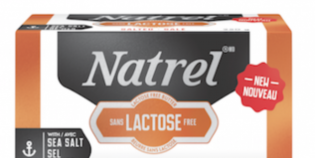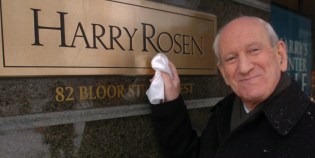When it comes to supporting local businesses, it seems Canadians aren’t putting their money where their mouth is.
Ahead of the launch of Yellow Pages’ revamped “Shop the Neighbourhood” campaign, the company released results of its survey on Canadians’ attitudes and behaviours when it comes to their local shopping habits. The survey found while Canadians said they valued small local businesses, they continued to spend their money at large retailers.
The vast majority (82%) cited “contribution to the local economy” as the top advantage of shopping at local businesses, and 88% agreed these businesses played an important role in their neighbourhood’s environment. In addition, 71% said they would rather live close to local businesses and 66% said they preferred to shop locally than at large retailers. Yet, 64% spent more than $100 at larger retailers in the last month versus 40% spending an equivalent amount at small businesses.
“There is a disconnect between what we believe as Canadians and what we actually do,” said Fiona Story, director of public relations and corporate communications at Montreal-based Yellow Pages. “What we determined through this survey is price is really the differentiating factor. Whether it’s in practice or in perception, Canadians believe that they can get a better price at large retailers. And oftentimes, the switch from large retailer to small business is with a minimal difference in price.”
In the survey, 67% of respondents cited higher prices as the main disadvantage of shopping locally. Even a small price discrepancy (5%) decreased the number of Canadians willing to shop locally by 33%.
And while approximately four in 10 respondents agree that Black Friday and Cyber Monday have a negative impact on local businesses, 39% are still most likely to spend their money at large retailers on these shopping holidays.
For the past three years, Yellow Pages’ “Shop the Neighourhood” program has focused on getting people to shop locally on the Saturday between Black Friday and Cyber Monday. The event has offered promotions and deals via the YP Shopwise app to help drive consumer traffic to local shops.
This year, Yellow Pages has expanded the program into a year-round campaign, with a focus on raising awareness about the importance of shopping locally. The campaign now invites business associations and businesses to organize and promote their own one-day local shopping events, which can include deals to drive traffic. Yellow Pages said though the deals would not be visible on the Shop the Neighbourhood platform, the businesses and associations can display them on their own communication channels. Tools on how to organize their own events are available on the resource centre on the Shop the Neighbourhood website.
“When we say locally, it could be a small business, it could be at a store in your neighbourhood, but [it’s about] thinking about how you’re spending your money, where your money goes afterwards, and what are the impacts of that spend,” explained Story.
“The small businesses on the main streets are a large part of the reason why we chose the neighbourhoods that we’re all living in or that we choose to frequent. So an awareness of how Main Street survives is something that we want to put forward with Shop the Neighbourhood.”
Story said Yellow Pages would also look at different retail events throughout the year, such as Mother’s Day and back-to-school. However, unlike previous years, Shop the Neighourhood won’t be offering deals and promotions from local shops.
“Pricing is something that’s very limited to the purchase action,” said Story. “We’re really talking about getting to [consumers] before all of that—the reflection of, ‘how do I choose to make my purchases, can I shift even a portion of my spend, and will that make a difference?’”
Last year’s Shop the Neighbourhood campaign had participation from more than 12,500 businesses and 1 million Canadians, resulting in $155 million invested back into the Canadian economy, according to Yellow Pages. While the deal-focused, one-day shopping event has yielded results, Story said, “ultimately what we want to do is to change behaviour.”













